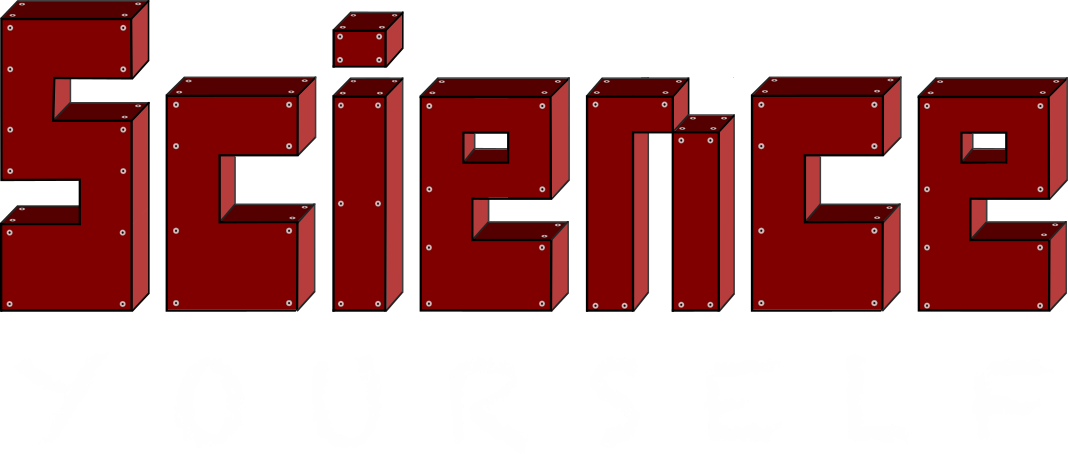
professional training
Workshops use a combination of honest conversations, active listening, group discussions, and experiential exercises to introduce unfamiliar mindset and approaches. They are intended for formal and non-formal professional educators, as well as educators in training, with any previous experience with the particular topic.
A) TEACHING YOUNG SCIENTISTS
Learning critical thinking at an early age has crucial long-term effects on how students value science and factual evidence later in their lives.
Schools across CT have been adjusting their curricula to fully adopt the Next Generation Science Standards. This transition represents a very progressive move towards science literacy through project-based and inquiry-oriented lessons. Yet, it has been challenging for some public school educators, particularly those that, for so many years, have dedicated their careers to master teaching math, reading, and writing.
After-school programs can also make a great impact on the kids they serve when cultivating a mindset that welcomes questioning and stimulates curiosity and discussions based on evidence. After-school educators, however, not always receive appropriate training to feel comfortable teaching science and critical thinking.
In this workshop, we address fundamental concepts of critical thinking and the scientific method, along with examples of inquiry-based practices.
B) TAKING YOUR CLASSROOM OUTSIDE
Outdoor Learning uses transdisciplinary, place-based activities that integrate nature, science and critical thinking into the curriculum. Simply being in contact with dirt and seeing greenery during a lesson increase students’ creativity, leadership and problem-solving skills, even if they are just reading, writing or doing math under a tree or on a picnic table.
“Get as much outdoors as you can. If you look at the COVID-19 super-spreader events that have occurred, they’re almost always inside” ⏤ Dr. Anthony Fauci, Head of the National Institute of Allergy and Infectious Diseases (USA)
Breathing fresh air and learning in contact with nature drastically reduce the transmission of the virus, while relieving stress and boosting a sense of enjoyment that can help students and educators overcome emotional and mental distress.
Educators unfamiliar with Outdoor Learning may feel reluctant to bring their students outside for several reasons: keeping students safe and focused, staying on course of the curricular plans, lack of equipment, infrastructure, or clothing for the weather.
In this workshop, we demystify misconceptions about Outdoor Learning and its implementation, along with examples of place-based practices.
supporting network
On of the main goals of the ‘Science Yourself’ initiative is to facilitate the connection of community members in the Greater New Haven area and across CT that value science literacy and critical thinking, serving as a Hub for this supporting network.
Through a series of interviews, videos and Blog posts, we promote Local Initiatives and the support they receive from community members, including researchers, formal and non-formal educators, students, parents, citizen scientists, journalists, and artists.
These profiles are meant to reveal the person behind the science as a way to promote a deeper connection with the general audience, in particular those unfamiliar with science and critical thinking. They focus on their personal journey, their passions, their struggles, their views on public engagement in science, their motivation to start their programs, and their actions to promote science literacy and critical thinking.
family nature exploration
Not only teachers and environmental educators can help kids explore nature and learn from this outdoor experience. Families can do it together during a hike in a nature preserve, a walk outside around their neighborhood, an investigation into their backyard or community garden, or simply on a contemplative look through the window.
The ‘Science Yourself’ initiative provides resources with fun nature activities for kids to enjoy outdoors with their caregivers. We also partner with community-based events to guide natural hikes and distribute materials and supplies to stimulate kids’ curiosity to explore nature with their families and engage in conversations about the importance of being outside.
Are you interested in promoting science and outdoor education in your event? We would love to collaborate!



